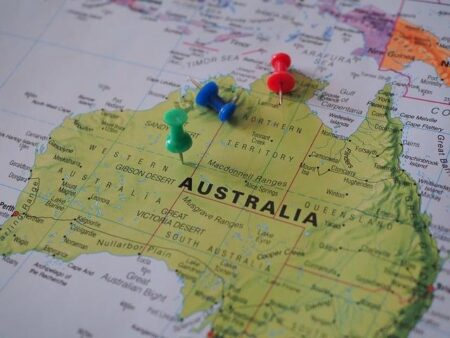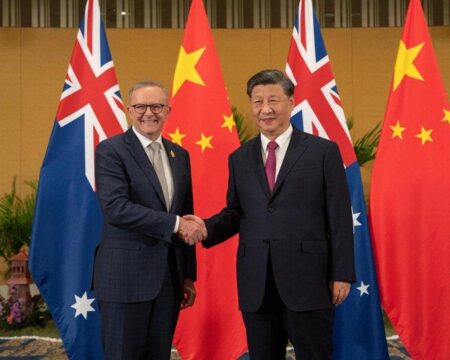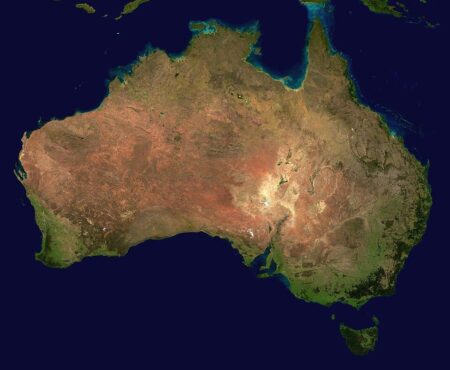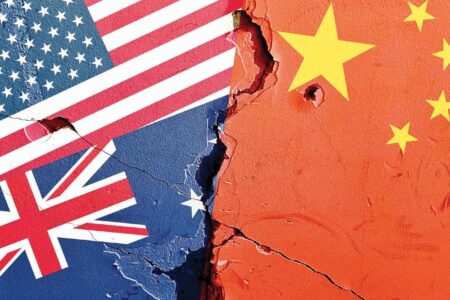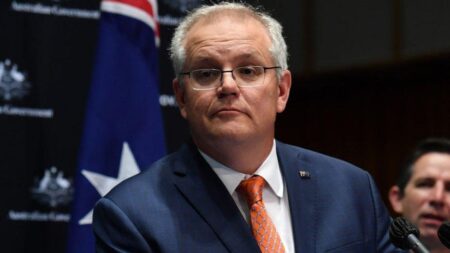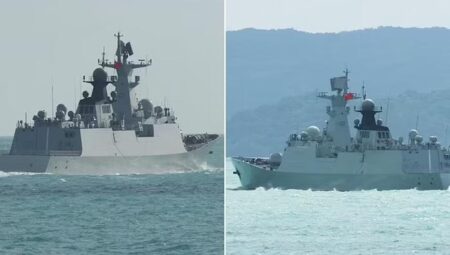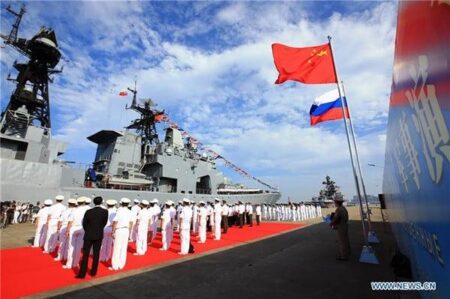Tensions are soaring as China’s recent threats spark urgent demands for bold action. Governments and businesses alike warn that “time is ticking” to confront the mounting security and economic challenges driven by intensifying geopolitical pressures
Browsing: China-Australia Relations
Australia is keeping a close eye on a Chinese naval task group moving through the Philippine Sea, highlighting escalating tensions in the region. This increased vigilance underscores mounting worries about Beijing’s expanding maritime influence
Australia is turning up the heat to counter China’s growing influence in the Indo-Pacific, unveiling a bold new strategic plan that boosts defense spending and deepens ties with regional allies-signaling a powerful shift in Canberra’s foreign policy
Australian Prime Minister Anthony Albanese met with Chinese President Xi Jinping in Beijing to unlock exciting new trade opportunities, enhance regional security, and accelerate climate collaboration-marking a significant step toward mending the strained ties between the two nations
The US has reportedly pressed Australia to clearly define its stance should a conflict erupt over Taiwan, amid rising tensions with China. This appeal highlights Canberra’s delicate tightrope walk between maintaining strong ties with key allies and managing its complex relationship with Beijing
The Lowy Institute explores Australia’s shifting perspective on China, revealing growing concerns over economic dependence and regional security. Canberra now views Beijing’s rise as a complex strategic challenge that requires thoughtful and careful management
Australia has pushed back against China’s claims about its role in Pacific aid projects, exposing that many initiatives credited to Beijing are actually driven by local communities or other international partners-not Chinese support
Former Australian Prime Minister reveals he had the authority to block a controversial port lease to a Chinese company, sparking a heated debate over foreign investment and national security, Bloomberg reports
China’s recent live-fire naval exercises have sparked concern in Australia and New Zealand, despite no violations of international law. Analysts suggest regional security fears and the potential for escalated tensions in the Indo-Pacific are driving these apprehensions.
China has criticized Australia for “hyping” recent Chinese naval drills, calling the claims unfounded and politically motivated. This escalation in rhetoric reflects ongoing tensions between the two nations amid regional security concerns.
China’s recent naval drill in the South China Sea has elicited a measured reaction from Australia and New Zealand. Both nations stress the importance of regional stability, emphasizing the need for dialogue amid rising geopolitical tensions.



